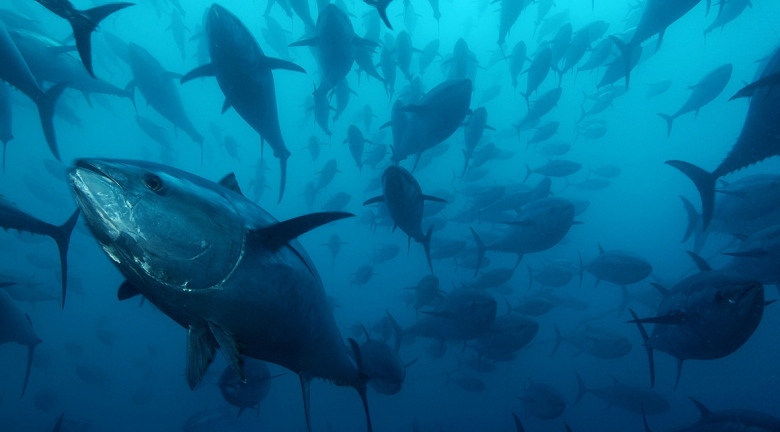
The world’s animal and plant species are going extinct at a rate 1,000 to 10,000 times faster than they did before humans came along. If that continues, we could lose one-third to half of all species by the end of the century. A rich variety of birds, frogs, fish, mammals; all gone. Those grim statistics come from a big June 2014 study in Science, led by Duke University biologist Stuart Pimm.
The paper was the most comprehensive attempt yet to calculate a "death rate" for the world’s species, an update on work first begun in 1995. It’s not an easy calculation to make: we still haven’t fully tallied all the current species on Earth, for instance. So the researchers had to make estimates on how many species there are likely to be, how many are dying off, and what that "death rate" likely was before humans ever arrived on the scene.
Based on updated research, Pimm and his colleagues estimated that, before humans showed up, roughly 0.1 out of 1 million species went extinct each year. That’s the "background rate." But nowadays, thanks to deforestation, habitat loss, and other factors, the "death rate" has increased to an estimated 100 to 1,000 extinctions per million species-years. That’s a big deal. And, not surprisingly, many of the media reports on Pimm’s paper underscored that the Earth is now facing a "sixth extinction" comparable to the five earlier mass extinctions in history.
When I called Pimm, however, I was surprised that he wanted to emphasize the more optimistic aspects of his research. By assembling data on exactly what species are endangered and where, he said, scientists can now do more than ever to help conservation groups fend off extinctions. One example: more detailed research on Brazil’s rainforests can give people an idea of which tracts are actually most cost-effective to protect.
"If trends continue, then yes, we are going to lose a large fraction of species," Pimm told me shortly after his paper came out. "But what the paper is about, mostly, is ways in which we can avoid that." Our full conversation is below (see original article) on what we know about extinction and how technology can help avert catastrophe.
